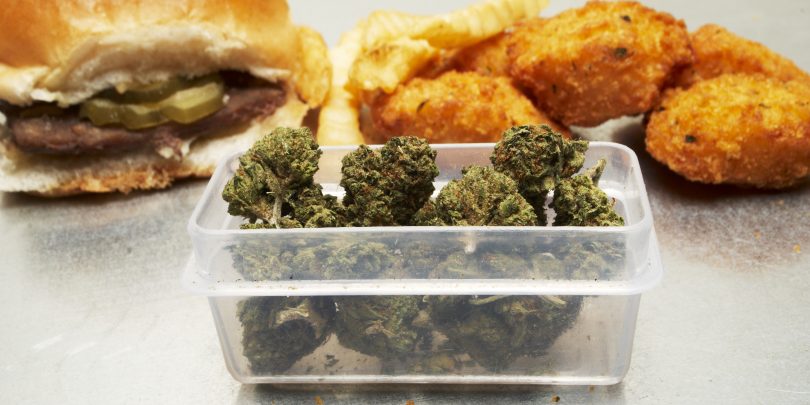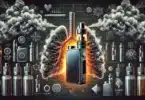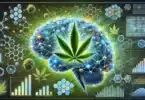We’ve all been there. Several joints deep into the night and that painful hole in the stomach won’t go away. In fact, it just grows bigger and bigger, with a starvation like feel which doesn’t make sense given your standard eating habits. But there it is, a tremendous hunger you can’t ignore, and which can’t be satiated. Why does weed cause the munchies, that undeniable feeling of inexplicable hunger? And is there a way around them?
Why does weed cause the munchies? It’s a question as old as time itself, with research from the past decade shedding light on this subject. And though no answer for the munchies exists, perhaps in the future, one will be found. We cover everything weed-related, so subscribe to The THC Weekly Newsletter to keep up with all the stories going on in the industry, and to get exclusive deals on flowers, vapes, edibles, and many other products! We also offer great deals on cannabinoids like HHC-O, Delta 8, Delta 9 THC, Delta-10 THC, THCO, THCV, THCP & HHC, which you can find in our “Best-of” lists!
What are the munchies?
We’ll get to some science in a minute, but first, let’s take a non-scientific look at the munchies. To simply call it a ‘hunger’ downplays the intensity of what’s being spoken about, at least in my experience. It’s not just a hunger, it’s the most intense hunger you’ve ever felt. Akin to times when you really had to go without food for whatever reason. Maybe you were fasting for a surgery, or a holiday, or were at the end of a long workout and needed sustenance. These real versions of hunger make sense. Your body is being deprived, and you can feel it.
So why does weed cause the same thing? Why does smoking something that resembles a cigarette cause such a painful and outright hunger? This hunger is way less related to standard eating habits, since it doesn’t matter if you just sucked down a huge meal. Whether or not you’ve actually eaten, smoking a joint can bring that hunger on at any time.
And in my experience it’s not just that it can come after a meal, but it can’t be satiated easily. Eat a snack and it’s back in 15 minutes. Smoke a new joint, and there it is again. I spend evenings where apart from being high, the only thing I can think about is food. And I admit, I can pack it in. I’m not saying that like it’s a good thing, or that the overeating that such an intense hunger can lead to, is healthy at all. It’s not. I’m sometimes surprised and amazed by my own food choices and ability to eat, especially when thinking back the next day of the previous day’s eating exploits.
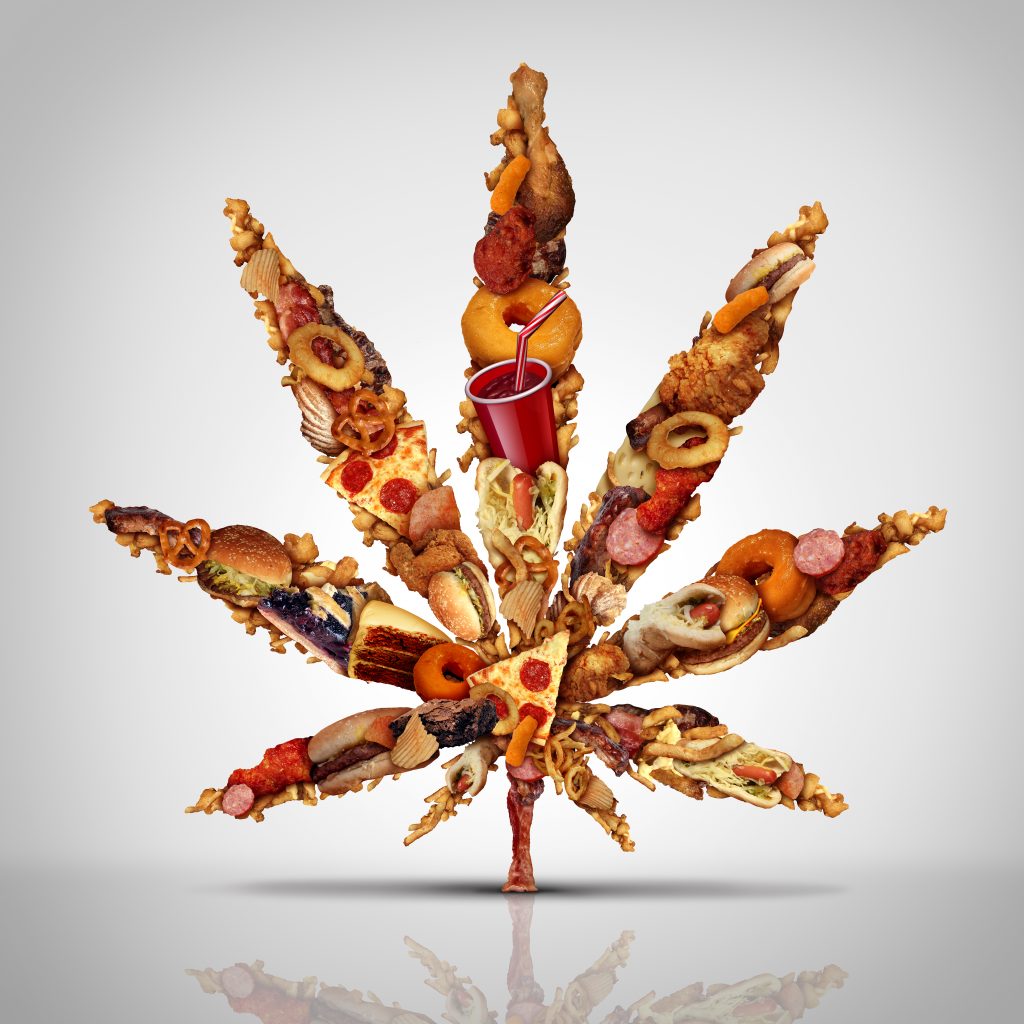
It’s a conundrum that many smokers are faced with. The high is great, but that pesky hunger is a real pain to deal with, and doesn’t necessarily help us keep to our planned eating habits, or diets. In fact, it can blow a diet right out of the water. And while this exact attribute is often used medically for those who can’t eat due to sickness, for the rest of us, we’d all probably be a bit happier if we could smoke without initiating that gnawing hunger.
Why does weed cause the munchies?
There has been research into this topic, which does help to explain the intense cannabis hunger that smoking causes. Back in 2014, this study was put out: A Scientific Explanation of How Marijuana Causes the Munchies, in which it was found that in mice, hunger had much to do with odor processing, and that this was related to the CB1 receptors promoting food intake, by increasing odor detection. It was found that endocannabinoids and exogenous cannabinoids were able to increase this odor detection, and therefore food intake, by way of decreasing the excitatory drive from the olfactory cortex to the main olfactory bulb.
Researchers concluded that their “data indicate that cortical feedback projections to the MOB crucially regulate food intake via CB1 receptor signaling, linking the feeling of hunger to stronger odor processing. Thus, CB1 receptor–dependent control of cortical feedback projections in olfactory circuits couples internal states to perception and behavior.”
In this case, the reason for this stimulation of CB1 comes from the cannabinoid THC, which allows users to taste and smell their food more intensely. As part of the study, the mice were first made to smell both banana and almond oils to gage their sensitivity. Generally, the mice sniffed a lot at first, and then decreased their interest due to olfactory habituation – or essentially, getting used to it. This was not true for mice given THC, which continued to sniff the oils without habituation. This implies a continued sensitivity, which was backed up by these mice eating way more when given the chance.
The scientists did something else interesting. In some mice, they engineered the animals not to have a certain cannabinoid receptor in their olfactory bulbs. These mice were put in the same experiment of smelling oils first to test sensitivity. In these mice, they habituated to the scents whether given THC or not. These mice also didn’t feel the need to overeat when presented with food. All of which points to THC receptors in the olfactory bulb being a main factor for why weed can cause the munchies. However, this is not the only theory of why the munchies exist.
Another theory of why weed can cause the munchies
Sometimes there is more than one factor to consider in something. Sometimes we just don’t fully understand. While the above-mentioned research is certain compelling, there are other answers found through research for why weed can cause the munchies. And one has to do with an interaction between THC, and the hunger-inducing hormone ghrelin.
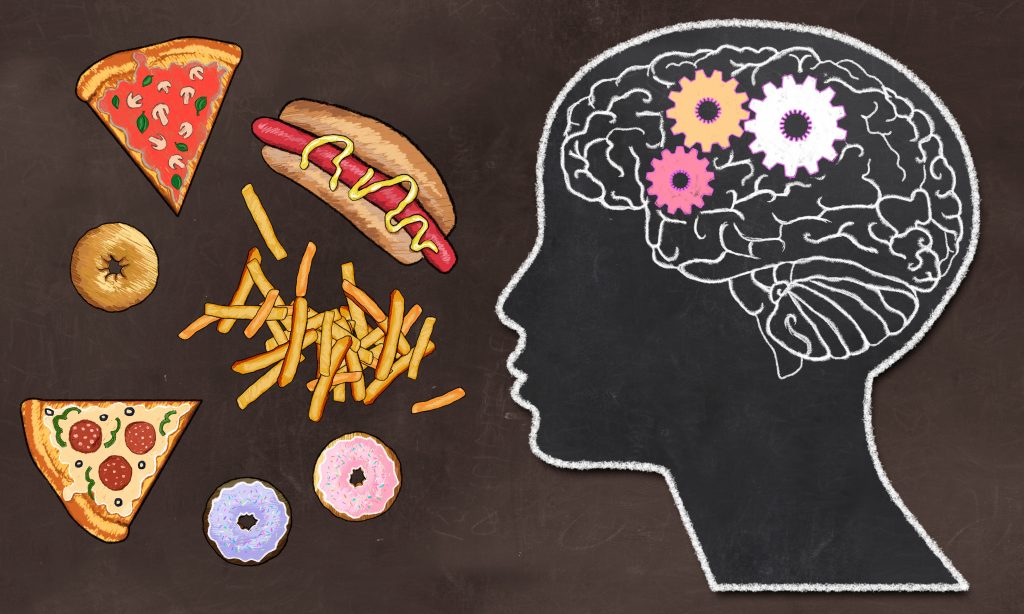
In the 2013 study Ghrelin and cannabinoids require the ghrelin receptor to affect cellular energy metabolism, it was shown that both ghrelin, an appetite stimulating hormone, and cannabinoids, interact with GHS-R (ghrelin receptors) to produce “effects on AMPK activity in the hypothalamus, liver and visceral fat.” AMPK is involved with cellular homeostasis, and is a big factor in helping cells right themselves when running low on energy.
Study authors previously showed that “ghrelin and cannabinoids stimulate hypothalamic AMPK activity while inhibiting it in the liver and adipose tissue, suggesting that AMPK mediates both the central appetite-inducing and peripheral effects of ghrelin and cannabinoids.” This study adds to that, with the main conclusion that “Ghrelin requires GHS-R1a for its effect on hypothalamic, liver and adipose tissue AMPK activity. An intact ghrelin signalling pathway is necessary for the effects of cannabinoids on AMPK activity.”
And more about how weed can cause the munchies?
Even this doesn’t fully answer the question, and alternate research still points in other directions. Like this study from 2015 called Hypothalamic POMC neurons promote cannabinoid-induced feeding, which works to explain the insatiability that comes with cannabis munchies. The study does this by showing that the brain produces chemicals as a result of cannabis exposure, that take away the feeling of fullness which is usually experienced after eating, and replace it with hunger.
According to study researcher Tamas L. Horvath, “By observing how the appetite centre of the brain responds to marijuana, we were able to see what drives the hunger brought about by cannabis and how that same mechanism that normally turns off feeding becomes a driver of eating. It’s like pressing a car’s brakes and accelerating instead.”
The study used mice to see which neurons cannabinoids effected in the brain when injected into it. The unexpected answer came in the form of activity boosted in a group of nerve cells called POMC (pro-opiomelanocortin) neurons, which are normally responsible for allowing us to feel full after eating. Instead, it was found that these neurons were being further activated, promoting an ongoing feeling of hunger. Essentially, fooling the brain’s general loop of hunger and satiation.
How was this done? Cannabis subverted these neurons, or overrode their natural response, instead causing them to release chemicals to stimulate hunger, rather than suppress it. While exactly how and why this happens was not established, the researchers speculate that it has to do with binding to mitochondria inside the cell, along with neurons on the cell’s surface.
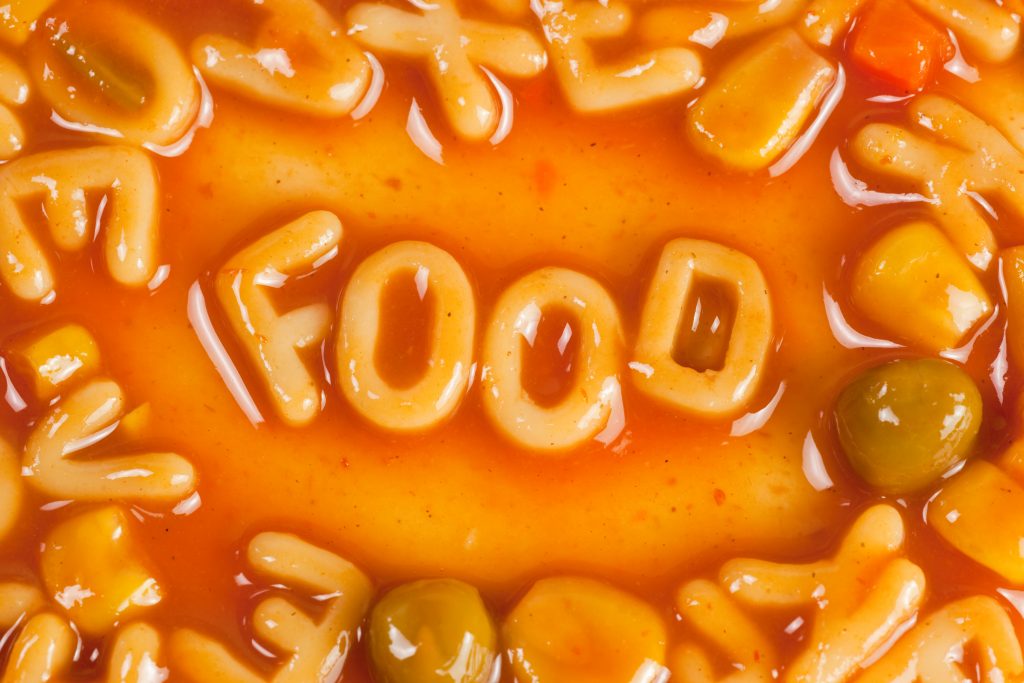
Said the scientists: “These processes involve mitochondrial adaptations that, when blocked, abolish CB1R-induced cellular responses and feeding.” The results of the study in general “uncover a previously unsuspected role of POMC neurons in the promotion of feeding by cannabinoids.”
So why aren’t stoners fat?
All of this would indicate that those who smoke, should also expand out due to this extra hunger and extra food intake. But, weirdly, this is not the case. In fact, it tends to be the opposite, with stoners showing less BMI, fewer issues with obesity, and better metabolic function. In a 2018 study called Theoretical Explanation for Reduced Body Mass Index and Obesity Rates in Cannabis Users, it was found that a long-lasting downregulation of CB1 can be seen after cannabis use, which reduces energy storage and increases metabolic rates, thereby reversing the impact of a bad omega-6/omega-3 ratio on body mass, and keeping a person skinnier.
The issue was also investigated in 2017, in the study Overactivation of the endocannabinoid system alters the antilipolytic action of insulin in mouse adipose tissue, where it was found there’s a link between obesity and the over-functioning of the endocannabinoid system. According to investigators, the study “indicates the existence of a functional interaction between CB1R and lipolysis regulation in AT (fat tissue).”
They went on to say: “Further investigation is needed to test if the elevation of ECS tone encountered in obesity is associated with excess fat mobilization contributing to ectopic fat deposition and related metabolic disorders.”
Conclusion
Munchies and cannabis go together like peanut butter and jelly. And, honestly, if you’re a stoner, you probably already love that combination. While the question of how to control it has not been as well established, there do seem to be possibly several mechanisms making the phenomenon happen in the first place. My advice? Just be prepared with some healthy smacking, if you don’t want to go overboard on…peanut butter and jelly.
Welcome readers! Thanks for joining us at CBDtesters.co, your #1 internet location for the most important and thought-provoking cannabis and psychedelics-related news relevant to today. Stop by regularly to stay up-to-date on the always-in-flux landscape of legal drugs and industrial hemp, and head over to The THC Weekly Newsletter, so you never miss a single story.
Disclaimer: Hi, I’m a researcher and writer. I’m not a doctor, lawyer, or businessperson. All information in my articles is sourced and referenced, and all opinions stated are mine. I am not giving anyone advice, and though I am more than happy to discuss topics, should someone have a further question or concern, they should seek guidance from a relevant professional.

